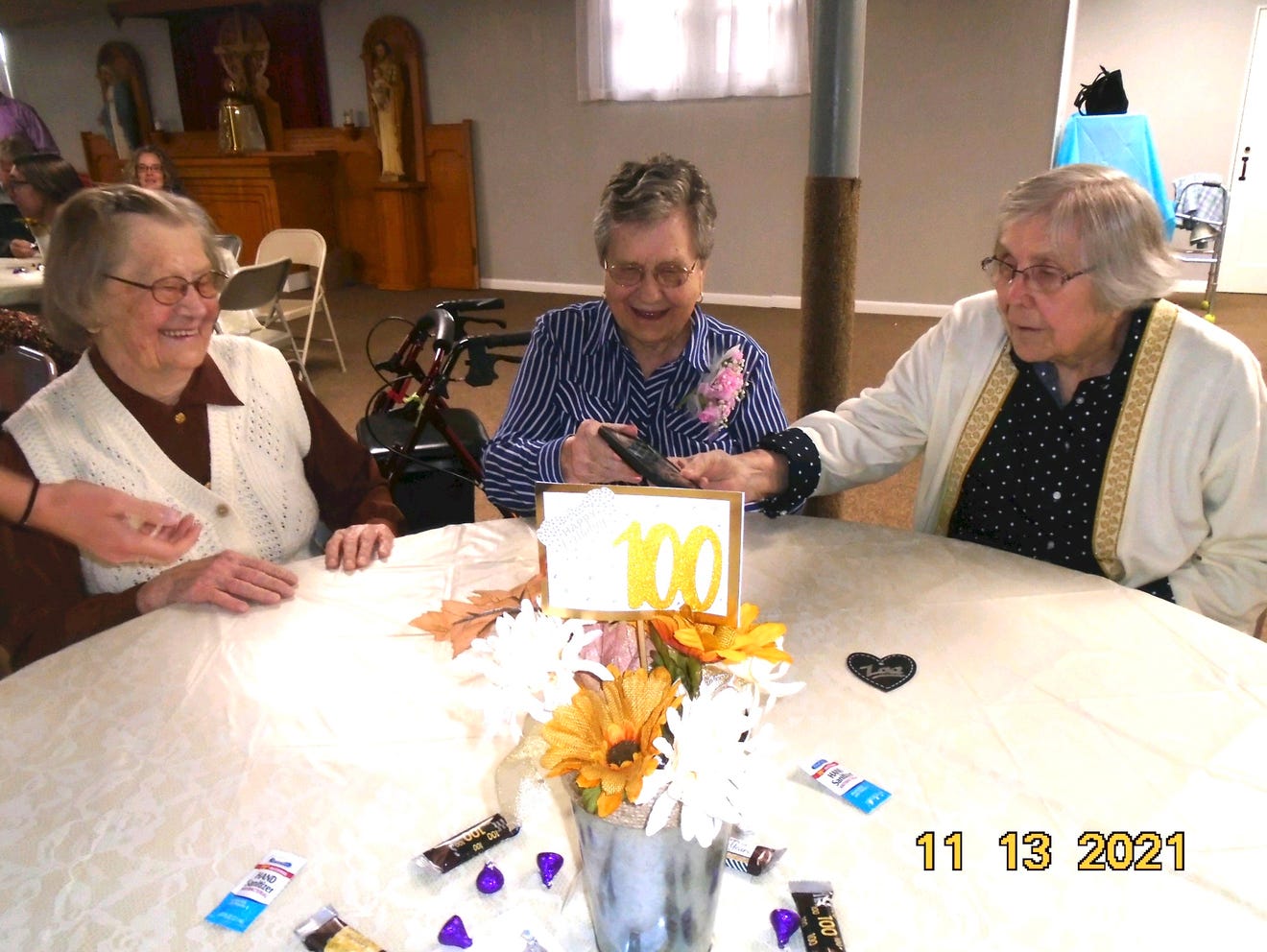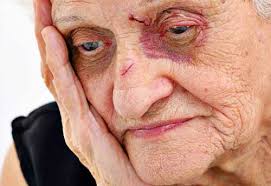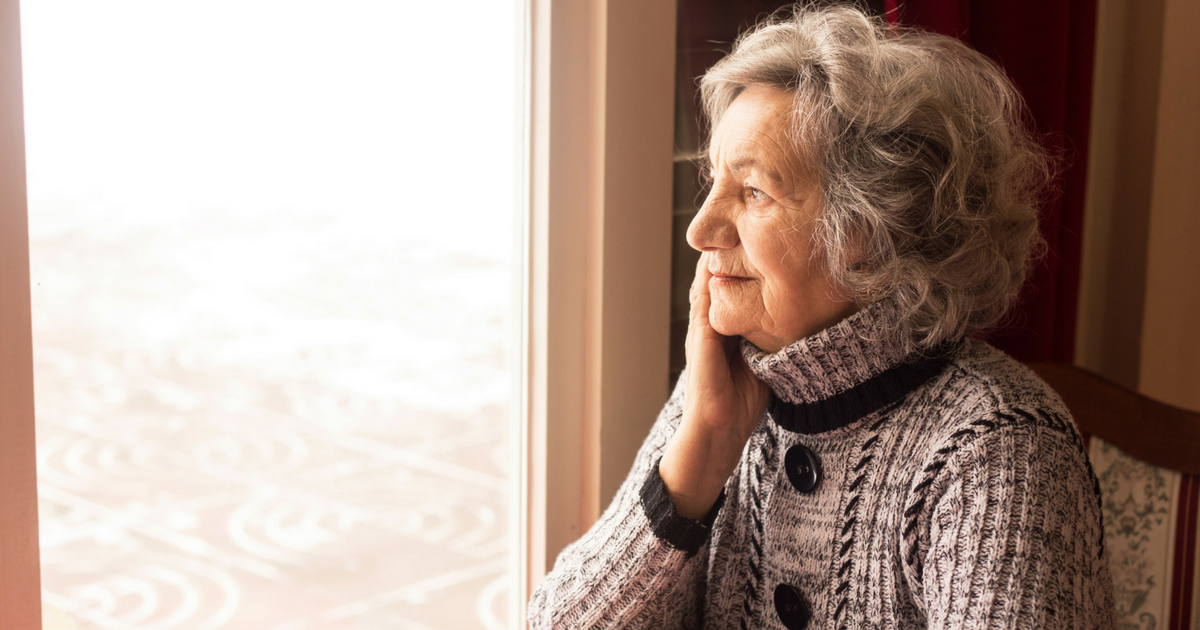The U.S. Department of Health and Human Services Office of the Inspector General recently noted that nursing homes and assisted living facilities are being closely monitored after they found that 8 in 10 residents (about 1 million) were being given psychiatric drugs which were deemed “chemical straightjacket drugs.” I am, unfortunately, all too familiar with this type of behavior. I took care of my grandmother, who had Alzheimer’s disease, from the age of 92-98. When it got too stressful, I took a vacation to France and had her stay in a rehab facility for three weeks while I was away. I got a call from the rehab facility and they asked for my permission to put her in restraints because she was not being cooperative. I said absolutely not, she is just reacting to being in an unfamiliar setting. Unfortunately, facilities are understaffed and would prefer to sedate seniors instead of giving them the respect that they deserve.
Nursing Homes And Assisted Living Hit With COVID-19 Lawsuits
Now that the pandemic seems to be calming down, a flurry of class action and individual lawsuits accusing nursing homes of not properly protecting its residents from COVID-19 have been filed. The wrongful-death lawsuits have been spurred by a repeal of liability protections and statutory deadlines to file the suits. Many nursing homes are claiming that the virus was beyond their control, with staffing shortages, inadequate testing supplies and a lack of masks and other personal protective equipment all contributing to the problem. “It’s going to be a knock-down-drag-out battle,” said Steven Levin, a partner in Levin & Perconti and one of the many lawyers seeking damages for the families of those who died of COVID-19 while in a facility.
In An Attempt To Calm Down Agitated Nursing Home Residents, Patients Are Often Unnecessarily Sedated : By Derek Baine
I have witnessed first hand nursing home and assisted living facilities giving seniors heavy medication in order to just keep them quiet, sometimes even restraining them. The New York Times recently wrote a story about this practice saying that 1 in 5 nursing homes prescribe Antipsychotics, which are extremely dangerous to give to the elderly, particularly those with Alzheimer’s disease and Parkinson’s. The story highlighted David Blakeney, who entered a nursing home with severe dementia. He was restless and agitated and the facility’s physician wanted to prescribe Haldol, a powerful sedative. “Add Dx schizophrenia for use of Haldol,” read the doctor’s order, which essentially added another diagnosis of schizophrenia despite the fact that there were no signs the patient had that condition. These types of drugs are commonly referred to as chemical straightjackets and, unfortunately, they can nearly double the chance of death from heart problems, infections, falls and other ailments for seniors with dementia. But with nursing homes understaffed, it’s an easy solution to just sedate more patients so they can be handled with less staff. The patient in the Times article died at the early age of 64 just eight months after being put on Haldol, but not before suffering devastating weight loss, pneumonia and the amputation of one of his feet due to severe bedsores. This should not happen in this country. If you have a loved one in a facility, regularly ask for a list of prescriptions that they are on. This is all too common.
https://www.nytimes.com/2021/09/11/health/nursing-homes-schizophrenia-antipsychotics.html
Get Long Term Care Insurance LTC If You Can Afford It : Few Seniors Can Afford TO Remain At Home And Independent : By Derek Baine, Carmel, California
One of the biggest mistakes people make in retirement planning is figuring out how much money you will need in your old age to live comfortably, and still be able to pass on gifts to loved ones and your favorite charities. People are living longer and longer and some financial analysts are having to throw traditional models right out the window. The New York Times recently posted an article entitled, “Tallying the Cost of Growing Older,” which explored many of the pitfalls seniors fall into as they enter retirement. “Becoming frail and needing help with basic personal care is probably the greatest financial risk people face at older ages,” Richard Johnson, the economist who directs the Program on Retirement Policy at the Urban Institute,” told the NYT. A 2019 study he undertook for the federal Department of Health and Human Services found that over their lifetimes, about 70% of older adults will need help from caregivers either in their own home or in long-term care facilities. Dr. Alicia Munnell, an economist and director of the Center for Retirement Research at Boston College found that only about half of the U.S. population will be able to maintain their standard of living in retirement. Her team analyzed senior lifetime care needs as low, medium or high intensity, based on how many activities of daily living they need assistance with. Their analysis found that only 17% of 65-year-olds will need no long-term care, while almost one-quarter will develop severe needs, requiring many hours of help for more than three years. Most people are somewhere in-between. Their research also found that only 36% of people in their late 60’s could not even cover a year of in-home care, and that was at 2018 rates of $22 an hour—this has gone up significantly with the current labor shortage. We are a big proponent of long-term-care insurance. It’s very expensive but worth it in the long run if you run into health problems. Few people realize how expensive it can be to remain independent in your own home with the help of paid caregivers.
Nursing Homes And Assisted Living Facilities Tepid On Mandating COVID-19 Vaccinations, Biden Takes Action
There is no question that there is a major labor shortage, we are suffering from this ourselves. A recent report said that senior housing facilities are also being hard hit, with employees hard to find and commercial property values sinking as few investors want to be in this type of industry. However, it’s unclear that many are doing everything in their power to please the customers. About 39% of senior housing associations surveyed between July 22 and August 8 said that they definitely or probably would impose vaccine mandates. That’s a surprisingly low number. We have seen an influx of new clients due to adult children moving their parents out of facilities due to their fear of COVID-19. That’s only likely to increase as new variants spread. Thankfully, President Biden has stepped in and said that if nursing homes don’t require workers to be vaccinated against COVID-19 they will no longer receive Medicare or Medicaid funding. The current nursing home vaccination rate sits at only 61.5%, according to the Centers for Medicare and Medicaid Services. This is only a hair above the total population. Some nursing home executives have bristled at the new Biden mandate, stating that staff departures may exceed 20%. Good riddance I say to the anti-vaxers. Keep them away from our seniors.
AARP Fighting Elder Abuse In Assisted Living And Nursing Home Facilities
AARP’s Legal Team is fighting in the courts for the health and safety of residents of nursing homes. We have all heard of the horrific stories of seniors being abused in assisted living facilities and rehab centers, and the COVID-19 pandemic has brought this once again to the surface. AARP first started its suit in January, and in April the team won a judgement in California on behalf of Gloria Single, a nursing home resident who was barred from returning after a stay in the hospital. There are now four other lawsuits pending, and I hope they are successful.
Long Term Care Facilities Account For 40% Of COVID-19 Deaths
published a story about how the fear of catching the disease has caused many patients to have gone weeks without a shower or having their teeth brushed, while residents with dementia have suffered from lack of human contact. This often leads to depression, loss of weight, mobility and speech. Sharon Wallace, a senior whose multiple sclerosis caused her to go into a nursing home, told the NYT, “I feel like my health is going downhill.” This has made Aging In Place a more popular option as Assisted Living Facilities become hotbeds for disease. “Nursing homes are really little hospitals, yet they’re not staffed like it. If you asked an I.C.U. nurse to take care of 15 people, she’d laugh at you, but that’s essentially what we have,” Chris Laxton, the executive director of AMDA, the Society for Post-Acute and Long-Term Care Medicine said.
Monterey, CA Isolation Of Nursing Homes Can Cause Seniors To Give Up Hope
The San Francisco Chronicle recently wrote a sad story about Shirley Drexler who died two months into the coronavirus pandemic, “not from COVID-19. She died of despair.” According to the article, she was called the “queen of Rhoda Goldman Plaza,” an assisted living facility in the Western Addition. She joined in almost every activity, flitting from table to table during long lunch hours. However, on March 17, Drexler and every other resident were abruptly shut in their rooms. She stopped eating and didn’t want to get out of bed. “It was like she lost the will to keep going,” Adrienne Fair, assistant executive director of the facility, told the San Francisco chronicle. At Family inHome Caregiving, we find this story all too familiar. When family members decide to institutionalize a senior, they often lose hope and quickly pass away. Without the familiar faces of friends and family and their normal routine, they often lose the will to live. At Family inHome Caregiving, we focus on giving our senior clients plenty of exercise, nutritious meals and plenty of social interaction. We strive to allow seniors to remain in their own homes and independent for as long as possible and are seeing many families pull their loved ones out of local facilities to be brought back home so they don’t catch COVID-19.
https://www.sfchronicle.com/bayarea/article/Bay-Area-seniors-struggle-with-isolation-15673820.php?utm_source=newsletter&utm_medium=email&utm_content=headlines&utm_campaign=sfc_morningfix&sid=5936af7424c17c09a38000c4








